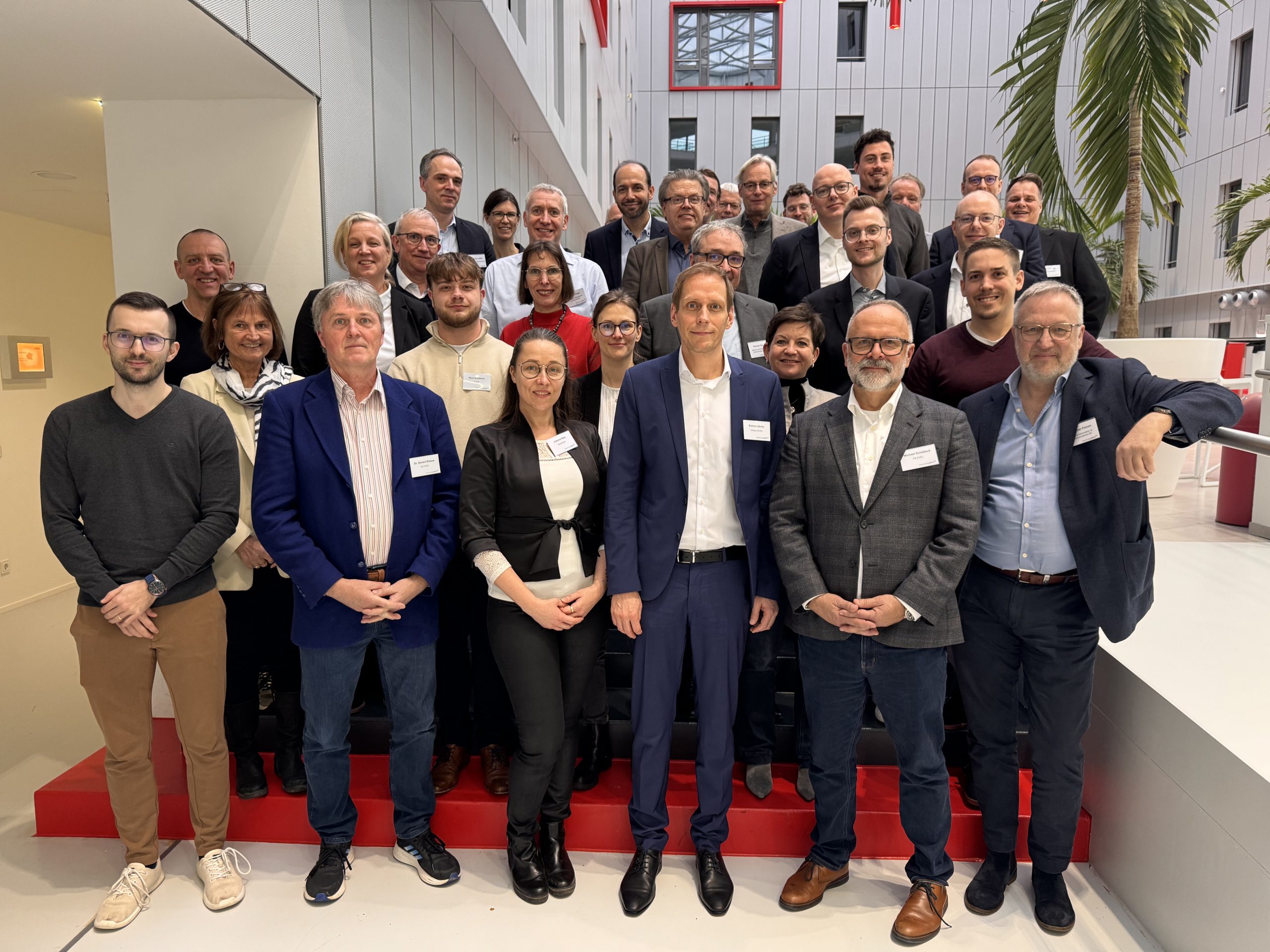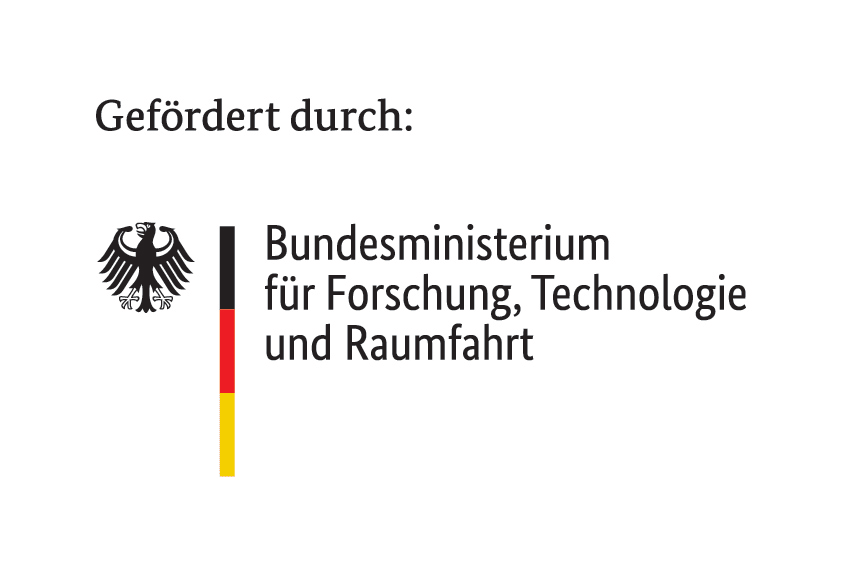User-centered AI development: Guidelines provide practical recommendations
14. May 2025
4 minutes
The development of innovative AI technologies requires not only technical expertise, but also a deep understanding of the needs of those who will use these technologies. Successful AI projects actively involve users in the development process – from the early concept phase to implementation and beyond. A new guideline from GSW Sigmaringen mbH, consortium partner in flagship project SmartLivingNEXT, now offers practical recommendations for the targeted involvement of testers and users.

The guideline emphasizes four central aspects:
- Needs-based development: Useful solutions can only be developed through direct exchange with future users.
- Acceptance and trust: AI-based applications achieve trustworthy results for users.
- Ethics and explainability: AI-based applications can be used and understood without discrimination.
- Iterative improvement: Acceptance and usability can be continuously optimized through tests, evaluation and feedback loops.
Birgid Eberhardt, Head of Research & Development at GSW Sigmaringen mbH, explains: “Many research projects focus heavily on technological innovation, but forget that the acceptance and practicability of the solutions are crucial. If you consider the user perspective from the start of the project right through to the end, you can ensure that the AI applications developed and researched can actually be used.”
Best practices for user-centered research
Annette Hoppe, project manager at GSW Sigmaringen mbH, emphasizes: “The aim of a research project that takes into account the perspectives of users should not only be to present evaluated results at the end of the project, but also to leave satisfied people behind who may look forward to participating in further research projects!”
The guide therefore recommends:
- Early involvement: Representative users or test groups should already be involved in the conception phase.
- Usability tests and co-creation: Regular surveys and tests help to identify weaknesses at an early stage.
- Comprehensible communication: Technical jargon and technical terms should be avoided; instead, comprehensible and practical stories should be told.
- Long-term support: User feedback should be actively sought before, during and after implementation.
- The end of a research project also requires an orderly process for users.
Further recommendations for user participation
Research partners of AI projects from science or industry benefit when application partners establish access to users. Clarifying the motivation of users at an early stage is crucial for targeted and effective involvement. Because expert terms, anglicisms and abbreviations can make it difficult to understand, the guidelines emphasize the importance of practical questions and narrative elements that arouse users’ interest and encourage their active participation. Organization and support during the test phase and beyond also play a central role. Continuous support over the entire duration is just as essential as an evaluation accompanied by social science in order to obtain well-founded results.
Trust and accessibility as success factors
Another important aspect is trust in AI systems. This can only be achieved through the consistent consideration of ethical principles, the explainability of their results and compliance with legal requirements. It must also be ensured that accessibility is implemented in accordance with EU directives and federal laws so that all users can use the developed applications regardless of individual limitations.
User centricity as the key to AI success
Integrating the user’s perspective is a continuous process. AI research projects that take user-centricity seriously benefit in the long term from higher acceptance, better usability and sustainable success. By working closely with testers and users, project partners can ensure that their developments are practical, ethically responsible and sustainable.
Listen to the article (in German):
Editorial office:
Ilka
Klein
Category:
Flagship project
Copyright information
istockphoto.com




